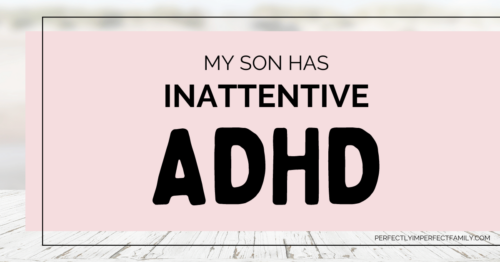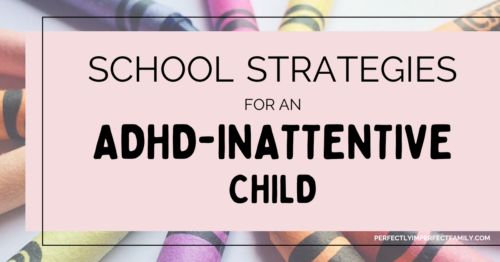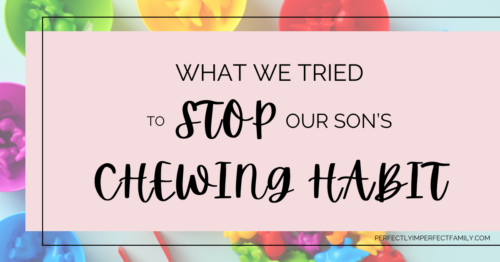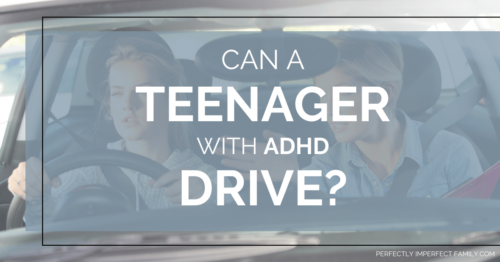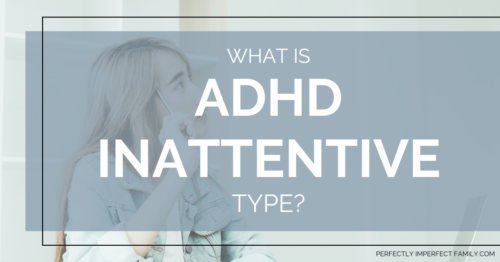My Son Has Inattentive ADHD
My son has Inattentive ADHD, a less obvious subtype that often goes unnoticed because it lacks hyperactivity. Our journey began when teachers noticed his struggles with following directions. Through diagnosis, medication, and daily challenges, we've learned so much. I’m sharing our experiences to help others navigating ADHD — because no one should feel alone in this journey.
How Am I Supposed To Get My Son Ready For College?
Attending a college prep meeting for my junior son was a wake-up call! The realization that he’s nearing adulthood and the daunting costs of college left me overwhelmed. Between teaching life skills and navigating scholarships, there’s so much to do. My advice? Start early — both in saving and preparing your child for the real world!
School Strategies for an ADHD-Inattentive Child
Supporting a child with ADHD requires a structured environment, breaking tasks into manageable chunks, and using multisensory learning strategies. With consistent support from parents, teachers, and the community, children with ADHD can succeed academically. By implementing behavior management techniques and tailoring strategies to their unique needs, we can help them thrive in the classroom.
What We Tried to Stop Our Son’s Chewing Habit
When my son started chewing paper in elementary school, we struggled to find a solution. After trying gum, Tic Tacs, and sensory necklaces, we found success with chewable pencil toppers. Although he still chews on things, we’ve accepted it as part of who he is. Patience and trial-and-error helped us navigate his sensory needs.
Can a Teenager With ADHD Drive?
When my son, diagnosed with ADHD-Inattentive type, turned sixteen, I wondered if he could learn to drive. After a year of driving lessons, learner's permits, and overcoming his anxiety, he got his license. Though challenging, with patience and encouragement, I learned that teens with ADHD can indeed drive — it may take time, but it's possible.
What Is ADHD Inattentive Type?
My son was diagnosed with ADHD inattentive type at age eight. This means he struggles with focus, organization, and paying attention to details. He gets easily distracted, forgets tasks, and has trouble staying on schedule. Despite routines, staying organized remains challenging. Working closely with his teachers, we've learned how to better support him in these areas.

